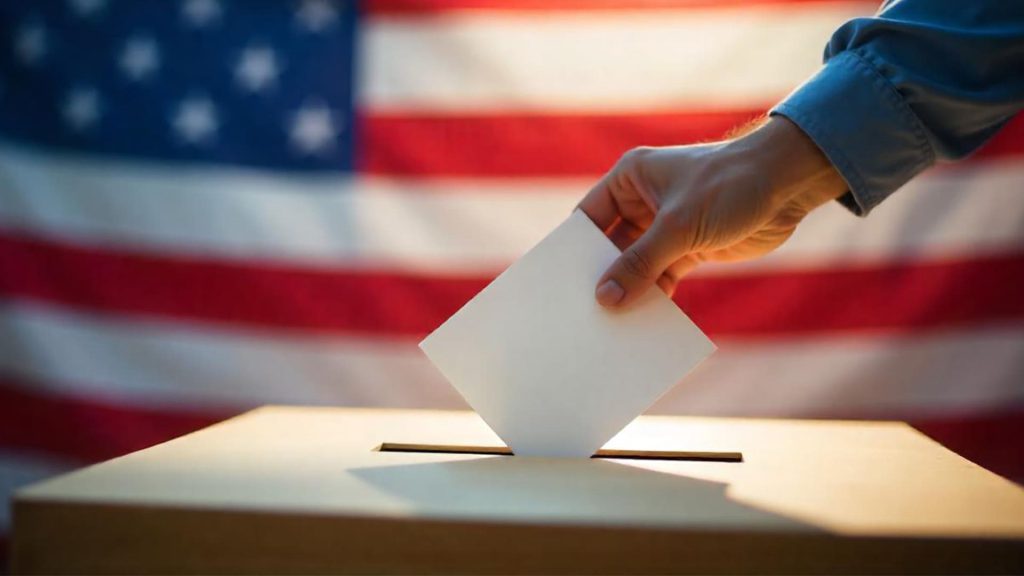The 2024 U.S. presidential election is poised to significantly influence the corporate environment, with potential ramifications for businesses both in the U.S. and globally. With the leading candidates, Donald Trump and Kamala Harris, business leaders need to prepare for shifts in tax policies, regulations, global trade, and industry-specific policies. The outcome will shape the way businesses operate across industries like technology, finance, energy, and more.
This article provides an objective analysis of how the potential election results could impact key business sectors.

1. Tax Policies and Corporate Earnings
- Trump: Businesses could benefit from extensions or expansions of the Tax Cuts and Jobs Act, which significantly reduced corporate tax rates during his first term. A lower tax burden may lead to increased reinvestment in business growth, expansion, and R&D.
- Harris: Likely to favor raising taxes on large corporations and the wealthiest enterprises to address budget deficits. Her administration may push to close tax loopholes, leading to higher compliance costs for corporations, potentially impacting their profit margins.
(Reference: Pew Research Center)
2. Regulation and Compliance Costs
- Trump: The approach has typically favored deregulation, particularly in industries like energy, technology, and finance. A second term may see further cuts in regulatory requirements, reducing compliance costs and easing the entry barriers for new market players.
- Harris: A Harris administration may impose stricter regulations, particularly on consumer protection, environmental practices, and labor standards. While this could raise operating costs for businesses, it could also encourage sustainable and responsible business practices.
(Reference: Wall Street Journal)

3. Finance and Consumer Protection
- Trump: Under Trump, financial institutions could benefit from the relaxation of consumer protection laws, reducing compliance obligations for banks and lenders. This could lead to greater profitability for financial firms but may also reduce protections for consumers.
- Harris: Harris is expected to favor stricter consumer protection regulations, focusing on transparency and fairness in the financial markets. This could raise costs for financial institutions but improve consumer trust and market stability.
4. Global Trade and Tariffs
- Trump: Trump’s policies may favor tariffs and protectionist trade agreements, potentially raising costs for businesses with global supply chains. However, these policies may give domestic industries a competitive edge by discouraging foreign competition.
- Harris: Harris is likely to adopt a more collaborative and multilateral approach to global trade, potentially reducing trade barriers and promoting a stable international business environment. Companies involved in cross-border commerce may benefit from lower tariffs and predictable trade relationships.
5. Economic Growth and Business Confidence
- Trump: A focus on tax cuts and deregulation could stimulate short-term economic growth, leading to higher business confidence and expansion, particularly for larger corporations.
- Harris: Harris is likely to prioritize infrastructure, clean energy, and education investment to drive long-term, inclusive growth. While businesses may face higher taxes, these policies could foster economic stability and reduce inequality.






